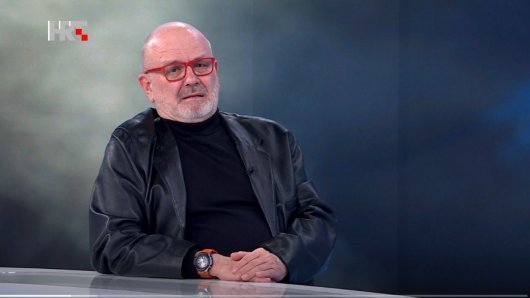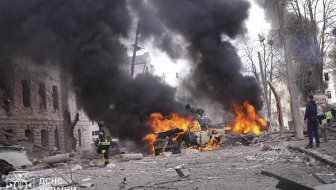The Minister of the Sea, Transport and Infrastructure, Bozidar Kalmeta, said on Sunday that no one had known about transactions conducted by former Deputy Prime Minister Damir Polancec, who was arrested last week for financial mismanagement in the Podravka food company.
"No one knew about the transactions he is being suspected of, because if they did, someone would have reported him. No one knew anything, that's for sure," Kalmeta said in an interview with the commercial television network RTL.
Kalmeta would not speculate whether the main target of Polancec's arrest was actually former Prime Minister Ivo Sanader, nor would he say whether Polancec was responsible for what he was being accused of. "I can't say, because no one is guilty until proved so."
Kalmeta said that the Presidency of the ruling Croatian Democratic Union (HDZ) party did not display double standards in the case of Polancec, who was suspended from all party duties immediately after his arrest, and that of former Berislav Roncevic, against whom no such action was taken. Roncevic is currently on trial for fraud in a 2004 purchase of military trucks.
Kalmeta said that the HDZ Presidency had decided so because Polancec was an elected member of the HDZ Presidency who was arrested after formal accusations were made against him, while Roncevic was just a party member.
Kalmeta said that the government of Prime Minister Jadranka Kosor was the most successful in combating corruption, adding that he had a better rapport with Kosor than with Sanader because she was "more tolerant".
Kalmeta rejected the claim that he was the most powerful figure in the HDZ and that Kosor was not strong enough to get rid of him. "That's not true. I'm a responsible person, no one would need to persuade me to resign if I were to blame for something."
Asked if it was easy for him to abandon Sanader, Kalmeta said he had not been close with the former prime minister, nor had he been close with Ivic Pasalic, a former member of the HDZ who had served as its vice-president from 1995 to 2000.
Speaking of the national rail company Hrvatske Zeljeznice (HZ), Kalmeta said that HZ would have to restructure and downsize its workforce if it wanted to become competitive by 2011 when the market liberalises, but added that it would not be privatised.





































